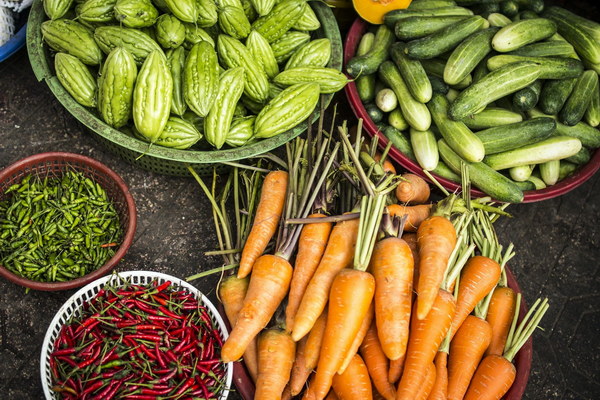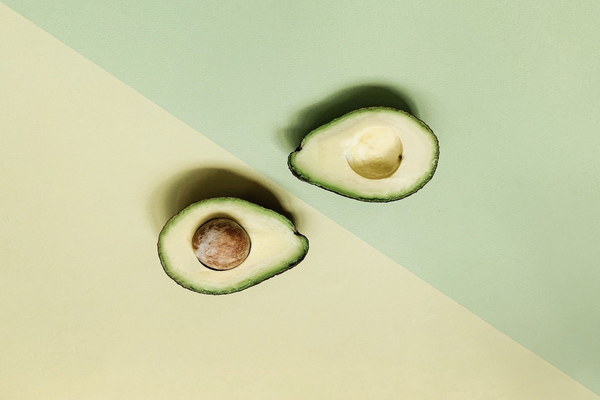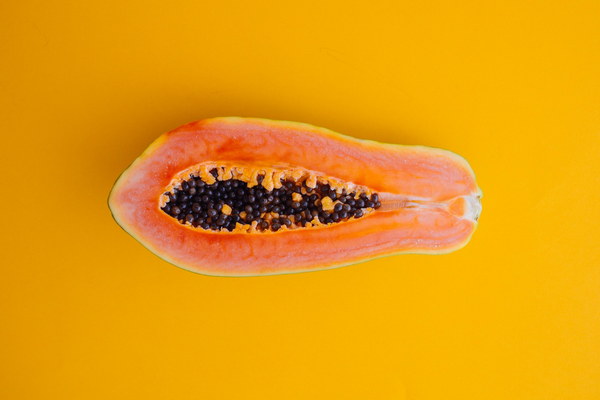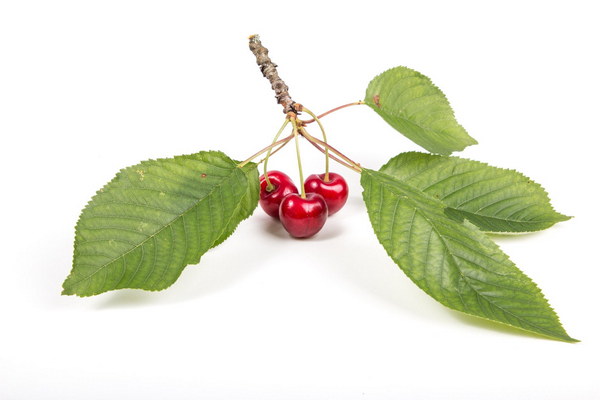The Diminishing Desire for HealthBoosting Teas Understanding the Shift in Consumer Trends
In recent years, there has been a significant surge in the popularity of health-boosting teas, with consumers actively seeking out products that promise to enhance their well-being. However, there is an emerging trend that suggests the desire for these specialized teas is on the decline. This article delves into the reasons behind this shift and explores the factors that may be influencing consumer preferences.

One of the primary reasons for the diminishing desire for health-boosting teas is the increasing awareness of the potential risks associated with excessive consumption. While these teas are often marketed as natural and safe, some contain high levels of caffeine and other stimulants, which can lead to adverse effects on the body, such as insomnia, anxiety, and increased heart rate. As consumers become more informed about these risks, they may be more hesitant to incorporate these teas into their daily routines.
Another contributing factor to the decreased interest in health-boosting teas is the rising popularity of alternative beverages. Non-alcoholic spirits, herbal teas, and even coffee have gained traction in the market, offering consumers a variety of options to satisfy their thirst for unique flavors and health benefits. These alternative beverages often come with fewer side effects and are more accessible, making them a more appealing choice for many.
Moreover, the perception of health-boosting teas has evolved over time. While once seen as a miracle cure for a wide range of ailments, these teas are now being scrutinized more closely by health professionals and consumers alike. Studies have shown that while some of these teas can offer certain health benefits, their effectiveness is often exaggerated, and their impact on overall well-being may be limited. This has led to a more discerning consumer base that is less inclined to invest in these products without solid evidence to support their claims.
The convenience factor also plays a significant role in the decreasing demand for health-boosting teas. With the fast-paced nature of modern life, consumers are increasingly seeking products that are both convenient and effective. Many health-boosting teas require specific preparation methods, such as steeping for extended periods or using specific types of water, which can be time-consuming and cumbersome. As a result, consumers may opt for simpler alternatives that can be quickly prepared and enjoyed on the go.
Furthermore, the environmental impact of producing and consuming health-boosting teas cannot be overlooked. The cultivation of certain herbs and plants used in these teas can be resource-intensive and environmentally damaging, leading some consumers to question the sustainability of their purchase. As more people become environmentally conscious, they may prefer to support brands that prioritize sustainable practices and offer eco-friendly alternatives.
In conclusion, the diminishing desire for health-boosting teas can be attributed to several factors, including increased awareness of potential risks, the rise of alternative beverages, evolving consumer perceptions, convenience concerns, and environmental considerations. As the market continues to evolve, it is crucial for tea producers and retailers to adapt to these changing trends and offer products that truly align with the needs and values of their customers. Only by doing so can they maintain their relevance and continue to cater to the dynamic preferences of the modern consumer.









